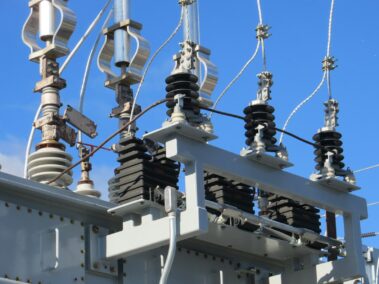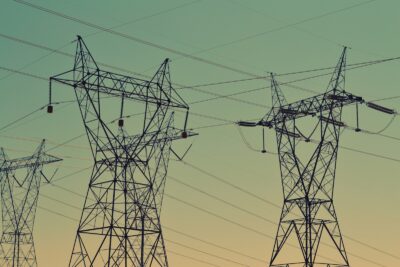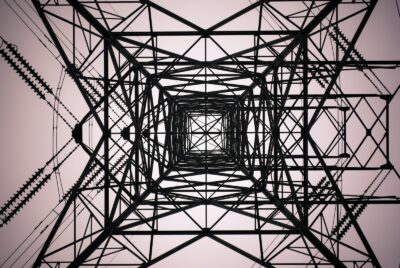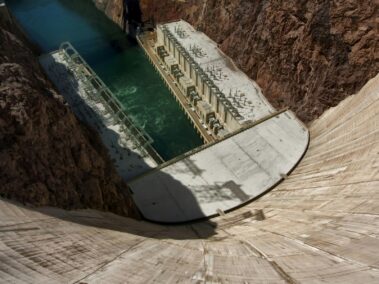Enhancing Energy Resilience in Saudi Arabia and UAE
Driving Sustainability: The Role of Microgrids in Renewable Energy Systems
The development of microgrids is revolutionizing the renewable energy landscape, offering sustainable solutions to enhance energy resilience in Saudi Arabia and the UAE. Microgrids, decentralized energy systems that can operate independently or in conjunction with the main power grid, play a crucial role in maximizing the efficiency and reliability of renewable energy sources. In regions like Riyadh and Dubai, where the adoption of clean energy technologies is accelerating, microgrids provide a scalable and flexible approach to integrating renewable energy into the existing grid infrastructure.
Microgrids enable the seamless integration of solar, wind, and other renewable energy sources by balancing supply and demand in real-time and optimizing energy distribution within localized networks. By reducing reliance on centralized power generation and transmission, microgrids enhance energy resilience and mitigate the impact of grid disruptions, such as extreme weather events or cyber-attacks. Moreover, the development of microgrids supports the growth of distributed energy resources and empowers communities to take control of their energy future.
As businesses and municipalities increasingly prioritize sustainability and energy independence, the demand for microgrid solutions continues to grow. The modular nature of microgrid infrastructure allows for customized deployments tailored to specific energy needs and environmental conditions. With the support of government incentives and private investment, microgrid projects are expanding across Saudi Arabia and the UAE, driving innovation and driving the transition towards a more sustainable and resilient energy infrastructure.
Unlocking Energy Resilience: The Benefits of Microgrid Development
The development of microgrids offers a range of benefits that contribute to energy resilience and sustainability goals. By decentralizing power generation and distribution, microgrids reduce transmission losses and increase the efficiency of renewable energy utilization. This not only lowers energy costs for businesses and consumers but also reduces greenhouse gas emissions and reliance on fossil fuels. Additionally, microgrids provide opportunities for energy storage integration, enabling greater flexibility and stability in managing fluctuating energy demand and supply.
Moreover, microgrids enhance grid reliability and resilience by creating localized energy networks that can operate independently during grid outages or emergencies. In regions prone to natural disasters or grid disturbances, such as Saudi Arabia and the UAE, microgrids serve as critical infrastructure for maintaining essential services and ensuring continuity of operations. By leveraging advanced control systems and predictive analytics, microgrid operators can optimize energy resources and minimize downtime, thereby enhancing overall system resilience and preparedness.
Leadership and management skills are essential for driving the successful deployment of microgrid projects and maximizing their benefits for businesses and communities. Executive coaching services provide business leaders with the tools and strategies needed to navigate the complexities of energy transition and stakeholder engagement. By fostering collaboration and innovation, leaders can drive the adoption of microgrid solutions and accelerate the transition towards a more sustainable and resilient energy future.
Conclusion
In conclusion, the development of microgrids represents a significant advancement in supporting the resilience of renewable energy systems in Saudi Arabia and the UAE. By harnessing the power of decentralized energy networks, microgrids offer scalable and flexible solutions to integrate renewable energy sources and enhance energy resilience. As the demand for clean energy continues to grow, microgrid development will play a pivotal role in driving sustainability, innovation, and economic growth in the region.
Looking ahead, continued investment in microgrid infrastructure and supportive policies will be essential for unlocking the full potential of renewable energy and building a more sustainable future. By embracing microgrid solutions, businesses and communities can empower themselves to take control of their energy destiny and lead the transition towards a cleaner, more resilient energy ecosystem.
The Future of Microgrids in Smart Cities
As smart cities continue to evolve, microgrids are poised to play a central role in shaping the future of urban energy systems. By integrating with IoT sensors, AI algorithms, and blockchain technology, microgrids can optimize energy management, improve grid efficiency, and enable dynamic energy pricing. This creates new opportunities for demand response, energy trading, and decentralized governance, fostering greater resilience and sustainability in urban environments. As Saudi Arabia and the UAE embrace the concept of smart cities, the integration of microgrids will be key to unlocking the full potential of renewable energy and building more resilient, livable cities for the future.
In conclusion, the convergence of microgrid technology with smart city initiatives represents a transformative shift in urban energy management. By harnessing the power of microgrids, smart cities in Saudi Arabia and the UAE can enhance energy efficiency, reduce carbon emissions, and improve quality of life for residents. As the global population becomes increasingly urbanized, the adoption of microgrid solutions will be essential for building sustainable, resilient cities that thrive in the face of evolving energy challenges.
#microgrids #renewableenergy #sustainability #SaudiArabia #UAE #Riyadh #Dubai #energyresilience #cleanenergy #gridinfrastructure























